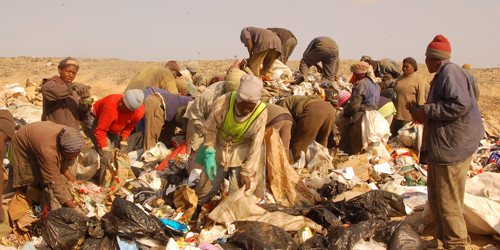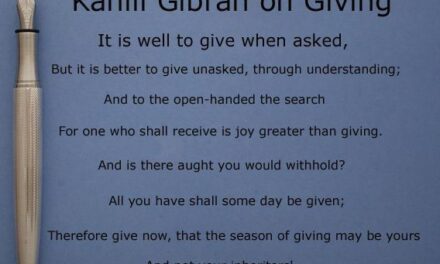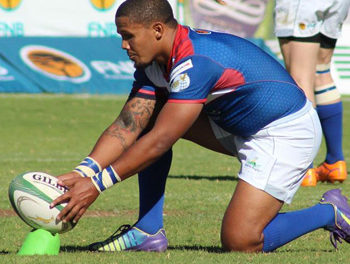
We are in the midst of an ethics crisis – what weighs more? Containing the virus or caring for vulnerable people?

By Natasja Beyleveld, Managing Director of Namibia Media Monitoring (NaMedia).
We’re all experts in seeing new trends in public communications, notably the 4th industrial revolution, new vulnerabilities, social distancing, sponsorships, smart partnerships, rising inequality and social injustice, corruption, joblessness, poverty….
But what have we not spoken about yet?
Freezing and typing awkwardly on my laptop this morning in a furnished house with my side-kick office, I know that so many other men and women, young and old living in informal settlements woke up in whole other circumstances, and a completely different agenda.
It’s like advocating for a wonder cake’s ingredients, but not having them available at home nor in the country nor to be imported (correctly). It’s like trying to substitute each and every time for years and years, and still not getting the ingredients right.
Why are we so obviously wrong, Africa?
Trust has noticeably declined after watching from the crowd for years how public budgets and workforce expanded, salaries are maintained or bloated (no cuts during Covid-19 noted), bailouts are the order of the day, private-pocket deals are OK, and each crisis receives millions of donations but it seems funnelled into the unseen.
Covid-19 has claimed much less lives in comparison to Gender Violence incidences and deaths, baby-dumping, alcoholism, declining condition of public health and education facilities, HIV-Aids, high risk illnesses (malaria, blood pressure, heart disease, TB, Polio, cholesterol etc), joblessness, business-bailouts (as opposed to parastatal bailouts), and much more. The global impact of Covid-19 pressures for action that shows leadership in example.
It’s confusing to place the winnings next to the losses in this instance, and to summarize the longer term sustainability of all choices made in this Namibian context. It’s not to criticize, but to question – the latter being a more productive and reflective stance. Protecting society from Covid-19 has not protected the most vulnerable from securing an income, from having a single meal a day, from going to school, from abuse or alcoholism, from neglect or cancelled sponsorships, from much needed humane intervention and engagement. “Catch-22 during Covid-19 it could be called, but I’m thinking the one weighs more than the other. Is prevention better than neglect?”
I think we’ve not asked that what has been neglected during times of prevention, and that we’re reminded about the vulnerability of those that do not have a voice.
The voices sound much like: Can I please have a job, I am hungry, I need somewhere to sleep safely and warmly, Someone in my family is sick and we are not helped adequately by the public hospital, I am scared and unsafe, I do not have school wear or books or something to eat during lunchbreak, I do not have transport, I do not have any money, I have no hope. If we’re only speaking, we’re not being good listeners. These are simple messages, how about ours?
Love
Natasja











































